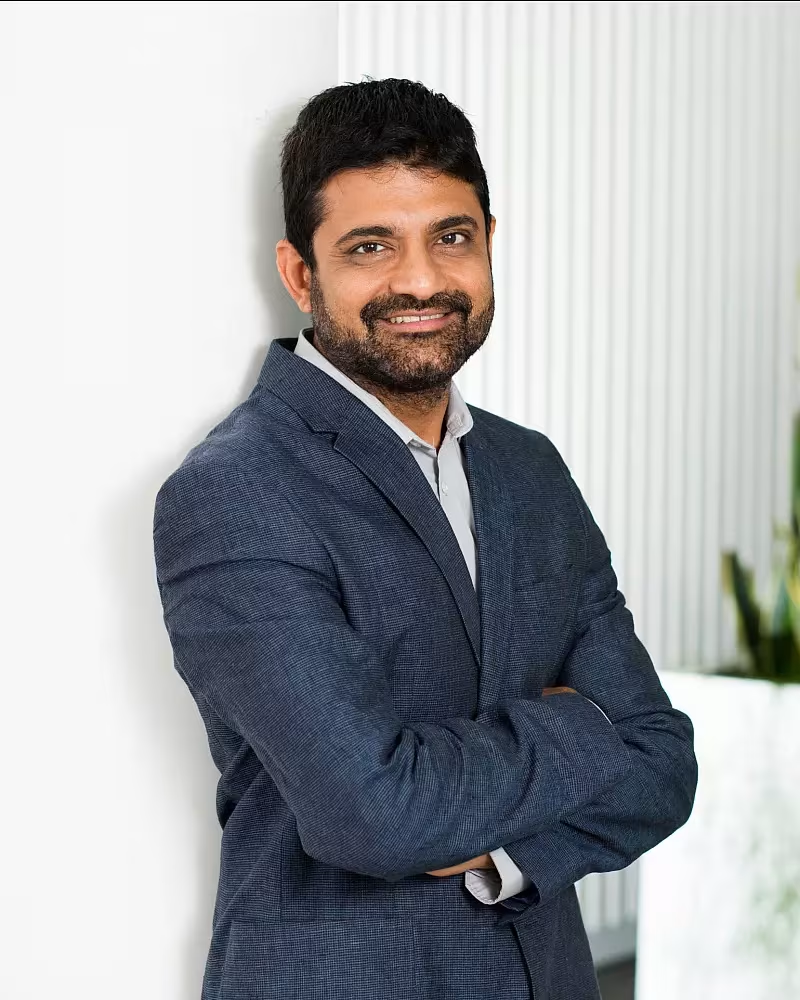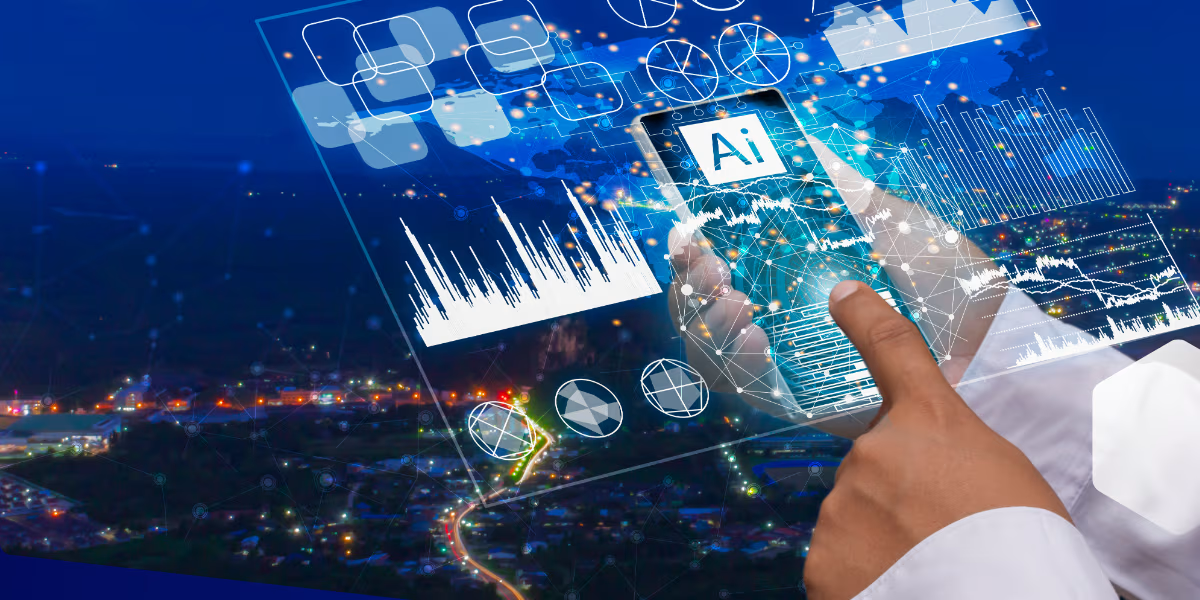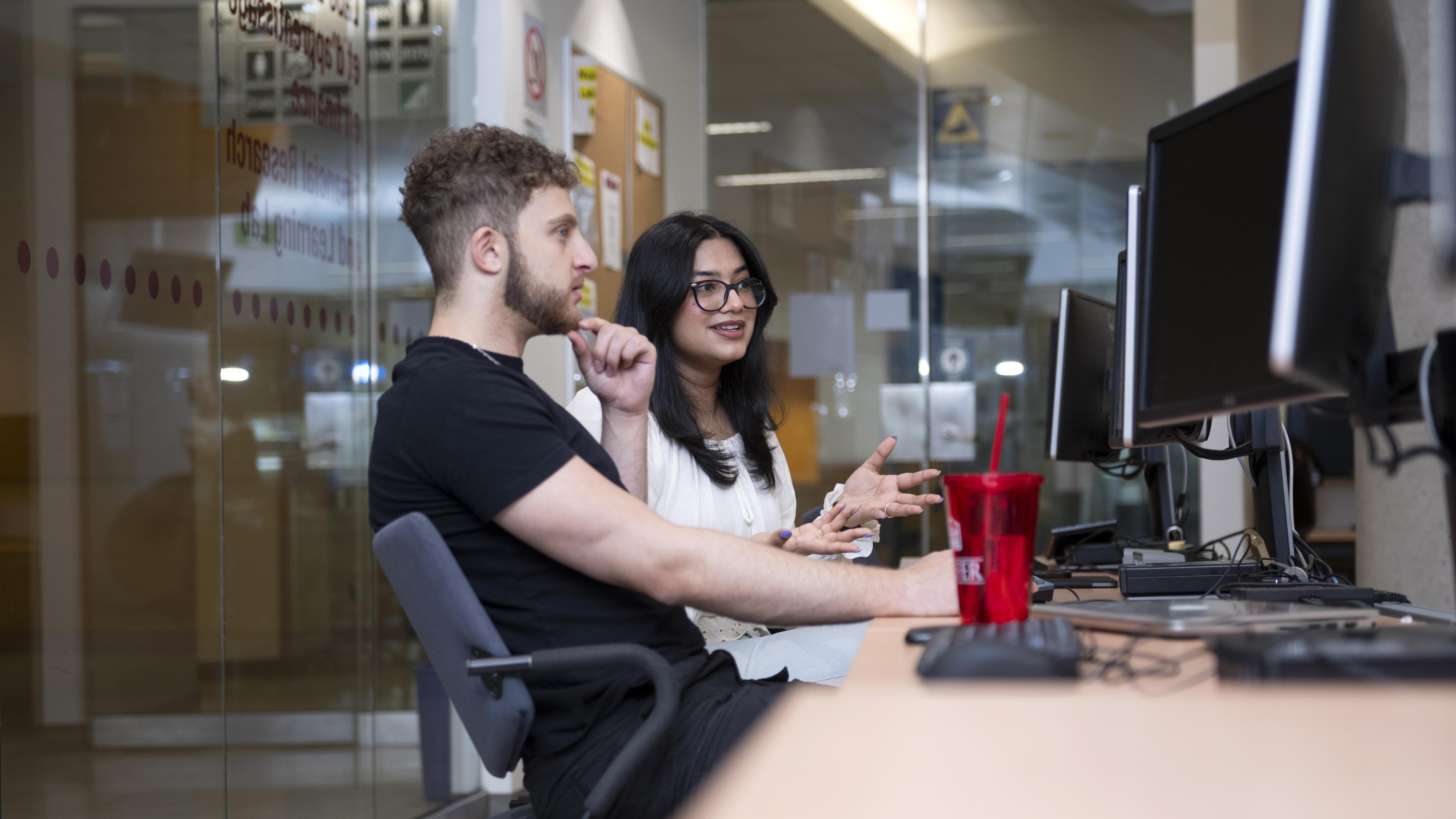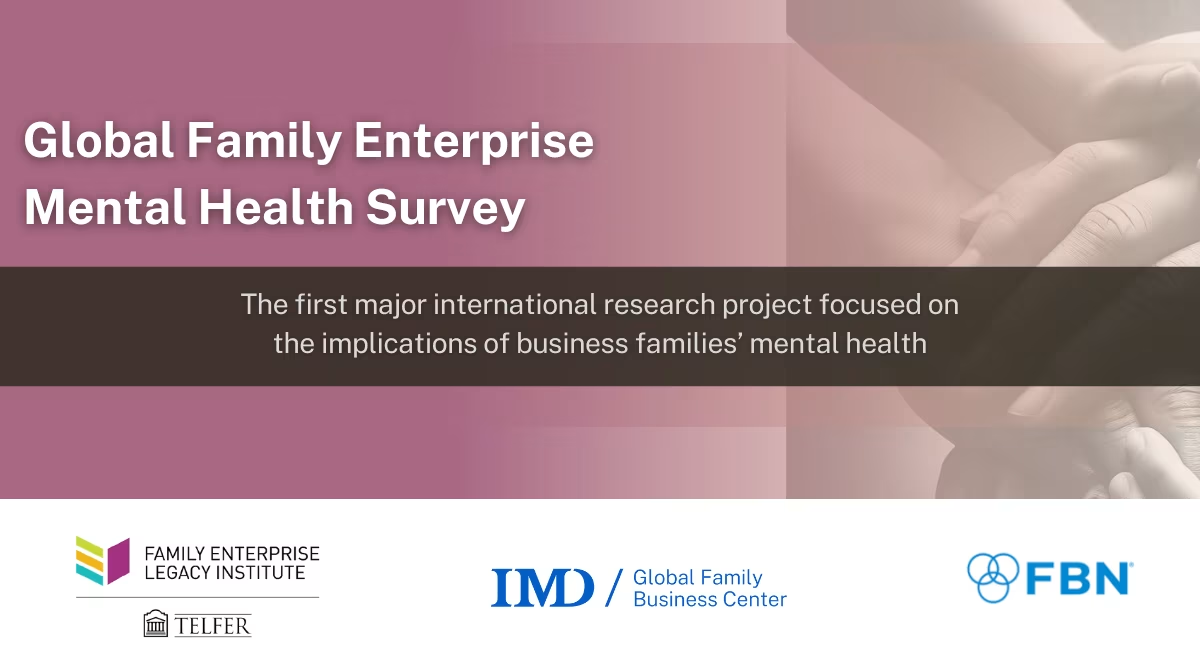The introduction of artificial intelligence (AI) into the workplace is transforming not only how work is done but also how professionals interact. The relationship between technical experts, such as data scientists and AI developers, domain experts like medical professionals or business consultants, and clients, including patients or business owners, has become increasingly complex. This calls for a closer examination of how expertise is reshaped and occupational standards are maintained.
To explore the impact of AI on the nature of work, Professor Mayur Joshi has been awarded a SSHRC Insight Development Grant for his project titled “Evolving nature of work in the era of artificial intelligence.” Joshi will investigate how AI is affecting practices and relationships in various sectors.

“Despite the extensive research on how experts have leveraged technologies in the past in the technology and organizing studies, the early empirical evidence reveals newer challenges as well as newer uses of AI applications that are hard to explain using our existing theoretical apparatus,” says Joshi. He adds that “the drive for bridging this gap between our theories of technology and organizing and AI’s evolving realities is what keeps me going.”
Understanding human-AI collaboration and its impact on work
Through in-depth interviews and ethnographic observations with technical experts, domain experts and their clients, the study seeks to understand how expertise is addressed in a world where predictive as well as generative AI models are becoming common. The research will examine the relational dynamics between technical and domain experts, on the one side, and between domain experts and their clients, on the other, to examine how AI and relational expertise shape each other.
The findings could contribute to broader conversations on the future of work, offering guidance for professionals who must handle changing client expectations. They could also inform educational curricula, as future professionals prepare for a world where AI is central to their daily practice. The research could help users of predictive and generative AI assess the quality of AI-generated information and understand when to seek expert opinions to avoid misinformation. Finally, policymakers could use findings to ensure AI technologies are deployed responsibly.
In conclusion, this research could provide practical recommendations for professionals, ensuring they can continue to harness AI’s potential without losing the human element that makes their expertise invaluable.











